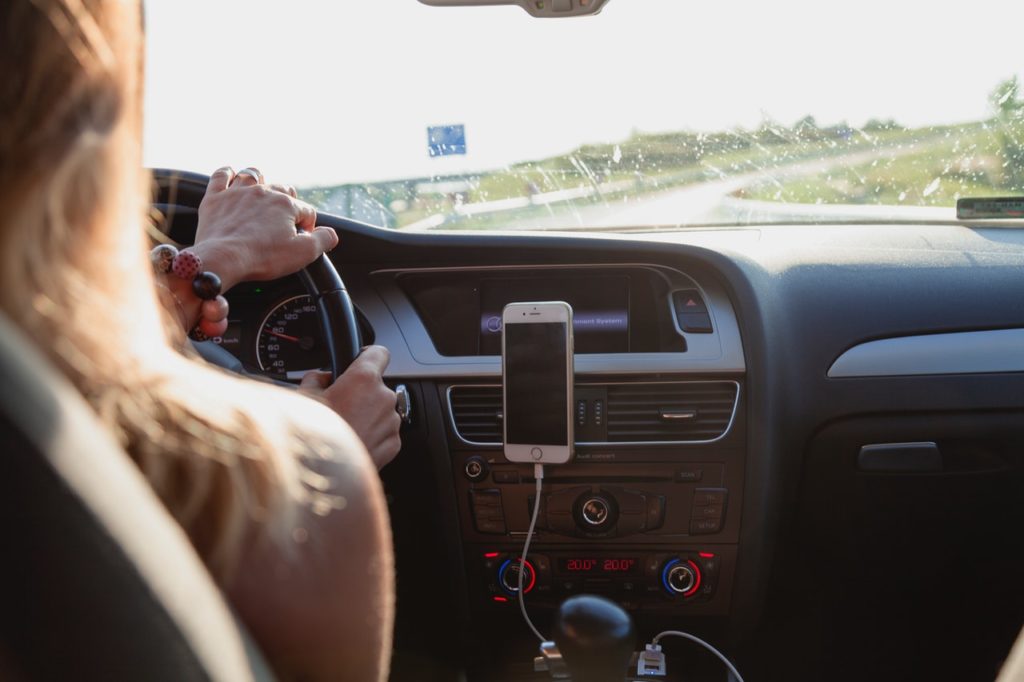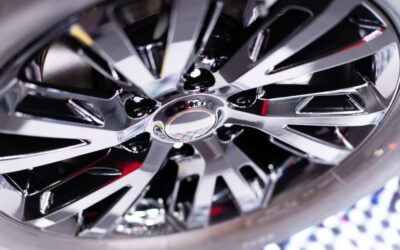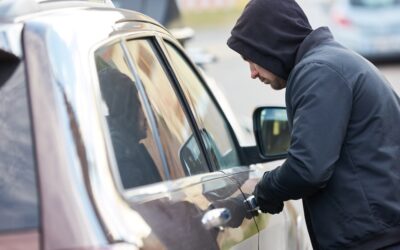So you’ve been driving with the handbrake on.

Don’t worry, and don’t panic. This is a very easy mistake to make, especially for inexperienced drivers. When you’re setting out from a parked position, you have dozens of things to remember – clutch, ignition, gear, biting point, mirror, signal, manoeuvre – it’s only natural that you might forget about the handbrake from time to time.
If you’re reading this, maybe you’re wondering what happens to your car if you drive with the handbrake on. Or maybe you’ve just realised you’ve already travelled some distance with the handbrake on, and you’re now pulled over and wondering what you need to do.
In any case, let’s take a look at what happens to your car when you’ve been driving with the handbrake on, and explore what you should do next.
How does the handbrake work?
The handbrake’s designed to hold your car in place when you stop or park on inclines.
As a brake, it’s not really strong enough to bring your car to a halt, which is why it’s all too easy to not notice when you’re driving with your handbrake on. You might feel a loss of power at higher speeds, but other than that, there may not be much difference to your driving experience.
If you drive a front-wheel-drive vehicle, your car might not be able to move at all with the handbrake engaged. As soon as you try to move, you may notice a lot of drag on your tyres.
Usually accidentally driving with your handbrake on is something that drivers of rear-wheel cars will do.
What happens when you drive with the handbrake on?
Essentially, driving with the handbrake on generates friction between your brake pads.
And the longer and faster you travel, the more friction you generate. The more friction you generate, the more heat you’ll generate.
Too much heat can cause your brake fluid to boil. The moisture and gas from your brake fluid boiling can even make you lose the ability to stop.
How bad is driving with the handbrake on for your car?
These sort of problems mainly arise in rear-wheel drive cars but can happy with front wheel cars where the handbrake is only slightly applied. And as you can probably imagine, driving with the handbrake on really isn’t good for your car.
But just how damaging it is mainly depends on:
- How far and how fast you travelled with the handbrake engaged
- How much your parking brake was applied
If the handbrake was up just a click or two, you shouldn’t do too much damage. But if it was fully engaged, the damage can be considerable.
What to Do Next
Can you smell burning?
So if you’ve been driving with your handbrake on, can you smell something odd? Something like burning?
That could be your brake pads, or it could be your brake fluid.
In either case, you should call a mechanic or head to a garage immediately. It’s really not a good idea to drive with compromised brake fluid.
How far and fast did you travel?
The faster and the further you travel with the handbrake engaged, the more damage you can do to your car.
But even at short distances and low speeds, driving with your parking brake engaged can cause a glaze to build up on your brake pads. This will make them a little more slippery than they should be, which of course can make them less effective.
Test your brakes
You might be able to tell if your brakes have been damaged by your mistake. Once you disengage your handbrake, test your brakes, do they feel:
- Spongy
- Pulsating
- Vibrating
- Bouncing
All of this could indicate that you’ve done some damage.
Servicing your brakes
But remember, all brake pads deteriorate over time. That’s why it’s vital to arrange for regular servicing. If you drive with the handbrake on, no matter what the specific circumstances, you’ll have already accelerated the general wear and tear of your brakes. You’ll probably need a servicing before long anyway.
So long story short – no matter how far you travelled with your handbrake on, it’s always a good idea to get your brake pads checked afterwards. Better safe than sorry!
And while we’re on the subject of duty of care, damaged brakes make accidents on the road a lot more likely. So while you’re thinking about servicing your car, consider investing in comprehensive car insurance. That way, if you ever are involved in an incident on the road, at least you’ll be able to rest assured that you’ll be covered for all necessary repairs.



